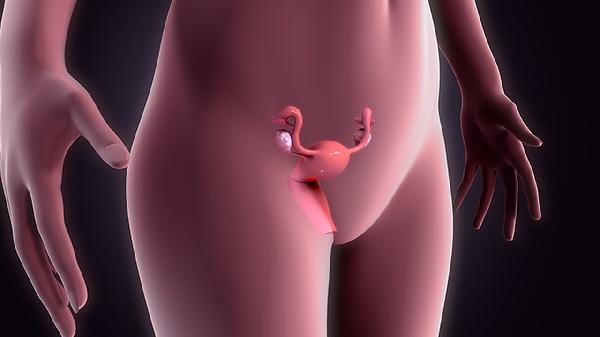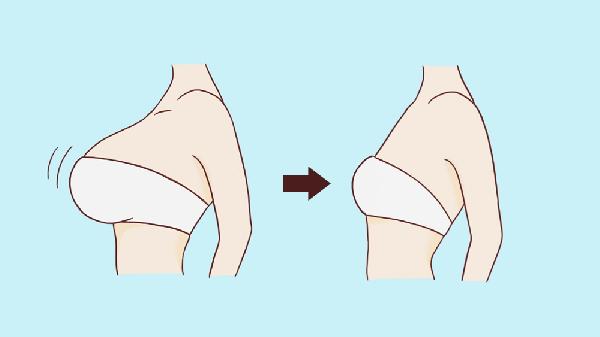Mother-to-child transmission diseases are illnesses that are transmitted through blood, the birth canal, or intrauterine infection, where the child contracts the same disease as the mother. This type of disease transmission is vertical, passing from mother to offspring. The three most common categories include HIV, hepatitis B, and certain sexually transmitted diseases (STDs).
1. Pregnant women infected with HIV, if not treated promptly with mother-to-child transmission prevention measures, have a high chance of transmitting the virus to their child. For pregnant women who test positive, once HIV is detected, appropriate intervention measures should be taken immediately to control the spread of the disease.
2. Pregnant women infected with hepatitis B virus can transmit the virus to the fetus during pregnancy through intrauterine infection; during childbirth, the fetus can be infected by exposure to the mother's blood, amniotic fluid, and secretions; postpartum, the infant can be infected during breastfeeding; and in daily life, the infant can be infected through the mother's saliva or blood.
3. Mother-to-child transmission of STDs: For example, diseases such as arbovirus infections, rubella, measles, mumps, chickenpox, cytomegalovirus infection, and syphilis can be transmitted. Mothers with STDs or reproductive organ infectious diseases can transmit pathogens to the newborn during natural childbirth, causing the newborn to develop the corresponding disease.
To prevent mother-to-child transmission diseases, it is crucial to conduct an HIV antibody test before both partners plan for pregnancy. It is not recommended for individuals infected with HIV to become pregnant. Pregnant women carrying the hepatitis B virus can receive one dose of high-potency hepatitis B immune globulin per month starting from the seventh month of pregnancy. If a pregnant woman is found to have hepatitis B near the time of delivery, one dose of high-potency hepatitis B immune globulin should be administered immediately upon discovery. Mothers with hepatitis B are advised to choose cesarean section as the method of delivery. Newborns should receive combined immunization immediately after birth, with hepatitis B vaccines administered within 24 hours of birth, at the second month, and at the sixth month to effectively prevent the child from contracting hepatitis B. For other STDs, active treatment during pregnancy is essential, and cesarean section may be necessary to prevent transmission to the child through the birth canal.























